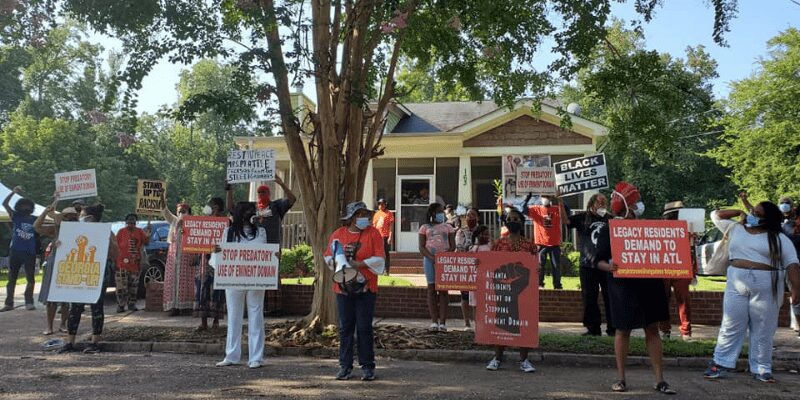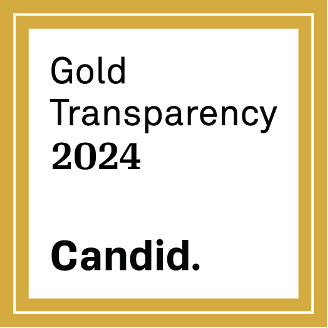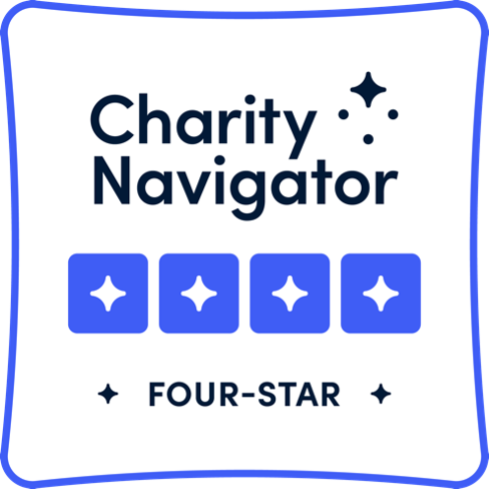Editor’s Note: This story’s featured image is from Housing Justice League’s Facebook page.
Atlanta is a community full of champions — people who work each day to improve the quality of life for every single person in that community.
Greater Atlanta needs even more champions, though, if we’re going to change our standing as the “Capital of Inequality” in America — a title we’ve carried for the second-straight year.
But first, in order to do that, we have to address the facts. Today, news and researchers have brought to light the facts around racial wealth disparities that exist and have for some time.
White families have substantially more wealth than Black families.
According to a report from the Atlanta Wealth Building Initiative, the median household income in Atlanta for white families is $83,722 compared to $28,105 for Black families.
The average African American-owned business is valued at roughly $58,000. Whereas the average white-owned business is valued at $658,000.
Homeownership can be another key component of wealth building, and we see the same trend here. After rebuilding from the 2008 recession, in Greater Atlanta about 70 percent of white families are homeowners compared to 46 percent of Black families.
It’s a trend not only here in Atlanta and in the South, but across the United States.
These disparities arise from a system steeped in racism and founded upon it. Families living in neighboring zip codes don’t have the same opportunities as those just down the road.
Think of your community as a forest of trees—they represent our health system, education system, financial system and even our housing system.
While a tree may appear healthy, sometimes it takes looking beneath its surface and examining its roots and groundwater to find that it’s a root system in decay.
Our community, similarly to this forest, can only thrive from the ground up, and it becomes our challenge to address the unseen ideologies — the groundwater — that feed policies and investments into the roots of our communities. The groundwater that should provide essential nutrition and make a system strong is tainted by systemic racism.
Weather the storm
Housing policies from the 1940s determined where banks, developers and government would or would not invest in Atlanta. Neighborhoods that were predominantly Black were marked as not eligible or worthy of investment. They were outlined on maps and ultimately this practice was called “redlining.”
United Way of Greater Atlanta’s Child Well-Being Map shows that despite the fact discriminatory redlining practices officially ended in 1967, the disinvestment and its after-affects continue. Black and Brown Atlantans have suffered despite their individual efforts. Home values, education investments and opportunities to accumulate wealth were limited.
We need champions to call out these problems — champions like Alison Johnson.
Alison is the executive director of Housing Justice League, a community-led grassroots organization. Housing Justice League’s mission is to work with tenants and renters to stimulate their power and drive positive impact in organizing for fair housing and tenant rights.
Housing Justice League also uses this position to provide education and support to tenants and renters while informing policy that can help reverse this inequity in housing.
Alison said in a Housing Justice Webinar hosted by Black Futures Lab that she was “born and raised” in the community of Peoplestown in Atlanta. She’s lived there all of her life, “leading the fight to mitigate the harm” caused by issues around redlining.
While she lives in Peoplestown, her family’s journey began with her grandfather in the old Atlanta community of Buttermilk Bottoms. She said her grandfather worked as a chef in a neighboring community, but Buttermilk Bottoms was where he would come home after those long days at work. She said the family was forced out of his community after the city’s “urban renewal” program came in to “clear away the slums.” They moved to what is now Old Fourth Ward, and after settling there, they were once again forced out of the community with the building of a new highway system.
The family moved then to Summerhill. This was where her parents met and married, her father a city employee and mother a stay-at-home mom who was a community volunteer that spent much of her time caring for Alison and her sister, who was deaf. Her mother and father were forced out of a rental home once again and into the Peoplestown community. It took several years, Alison said, for her family to finally secure homeownership.
It wasn’t much, but they “made it a home.”
So, Alison continues to be champion for those in Atlanta with similar stories, displaced by longstanding racist systems. She has become a champion to fight and mitigate the harm and displacement so many renters face.
“I want to make sure people who are living in these communities know exactly how important family is and how grateful we are for our culture…and how many storms we’ve been able to weather in order to remain and sustain in the communities where we are living,” she said in the video.
Address Groundwater Problems
In order to create the thriving community we aspire to — to create a housing system that can thrive — we must address the groundwater problems. We must end systemic racism and invest in solutions that address these root causes.
Homeownership in Atlanta has created this gap that has widened between white families and Black families. Private banking policies and national policies have created obstacles for Black families.
By not addressing these racial gaps, it has cost the United States $16 trillion.
United Way of Greater Atlanta announced the United for Racial Equity and Healing Fund in July 2020 to tackle the systemic issues underlying the correlation between race and zip codes, place and equity. Others were taking on this challenge, too, but it was time to unite and heal together.
This is why United Way has partnered with and reached out to organizations involved in work addressing these housing gaps—organizations like Housing Justice League.
Do you want to become a champion for your community? Join United Way as we work to create a more just, equitable and inclusive Greater Atlanta. Donate today to the United for Racial Equity and Healing Fund.





